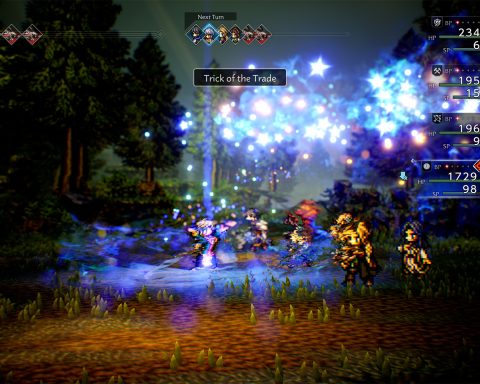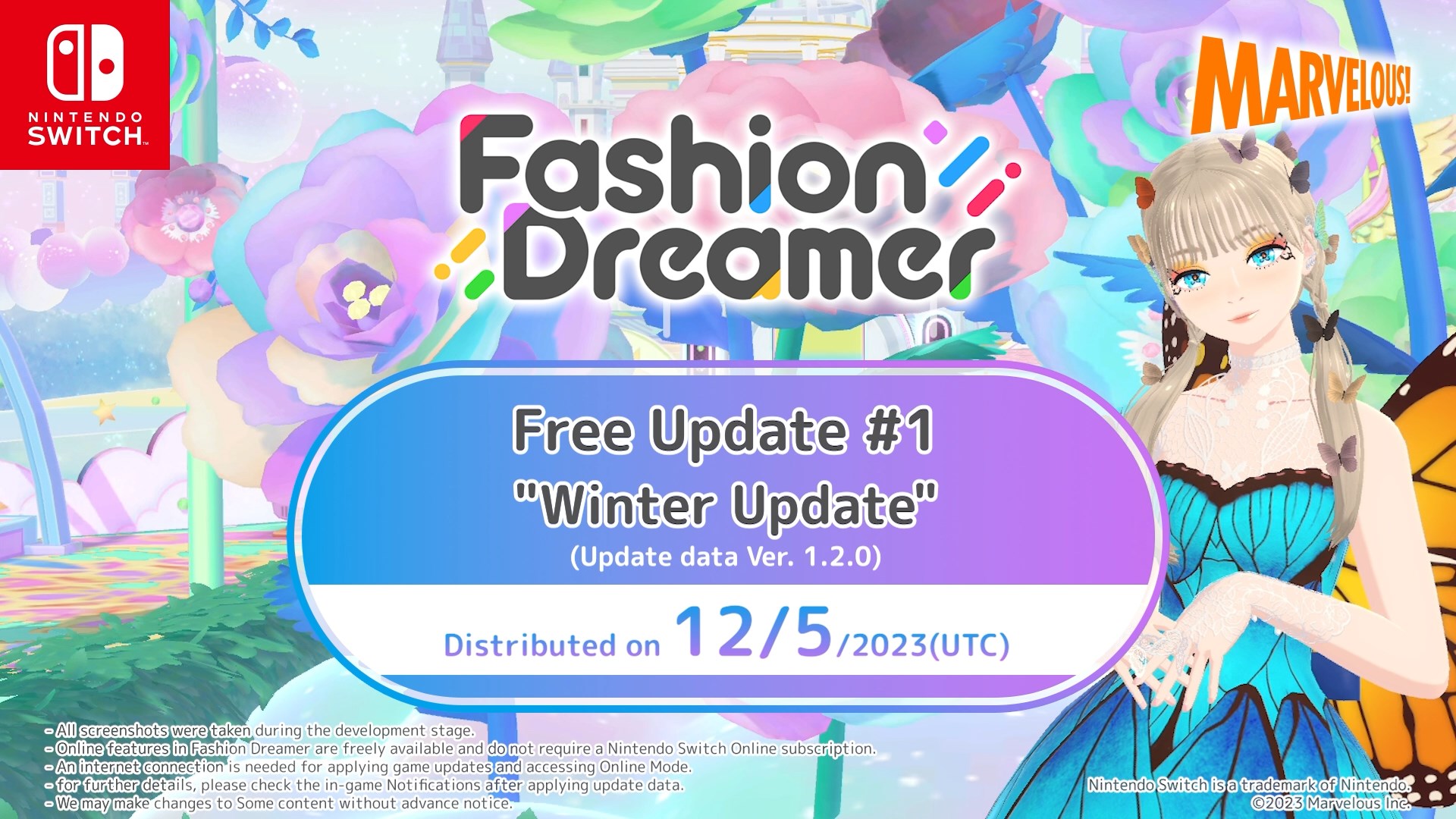In 1964, Donald Horne published The Lucky Country. It was a scathing yet insightful and totally accurate deconstruction of Australia, its national identity, and its view of the world. The central thesis of it is that Australia, which has grown to become a regional power and exert global influence despite our relatively small size and isolated location, achieved that remarkable rise through sheer luck, rather than the strength of our political or economic system.
The opening of the book says it all, really. “Australia is a lucky country run mainly by second-rate people who share its luck. It lives on other people’s ideas and, although its ordinary people are adaptable, most of its leaders (in all fields), so lack curiosity about the events that surround them that they are often taken by surprise.”
That book, despite its age, remains as utterly poignant and relevant today as it ever does (incidentally, conservative Australia, which the book is particularly critical of, like to bleat “Australia is the lucky country” as a mantra without a hint of irony, having clearly never read the book and being utterly unaware of the context of the quote. That is, to say the least, one of the most ironic proofs of the book that we can imagine).
Over the last few years, in following closely the video game industry and participating in it at various levels, I’ve come to the firm conclusion that the video game industry is the Lucky Creative Industry. Just as Australia is a country, video games are indeed an art form, and just as the “ordinary people” are adaptable in Australia, many of those game developers working in the trenches, and people in the community do understand and appreciate the artistic potential and value of video games.
However, the leadership and prominent voices across all areas of video games is a different matter. Across the prominent community voices (i.e. influencers), what passes for “mainstream” media, and the leadership of the industry itself – the CEOs, studio heads, and project managers – I see a clear, blatant parallel to Australia’s upper echelon and the criticisms that Horne levelled at them. These people are second-rate individuals that have all benefited from exploiting the natural growth and mainstreaming of the industry, and in the process have destroyed its soul.
Let’s start with the business leadership. This year alone we’ve had near-record levels of layoffs in an entertainment segment that has only slowed in growth, not declined. This means that at a managerial level something is deeply wrong with how video games companies are organised. Yes, capitalism is the root cause of it, but it is possible to build stable businesses in capitalism with good, responsible, and forward-thinking leadership. Instead, in games, we have this dystopic cycle of massive growth and massive layoffs because stable capitalism isn’t what these suit-wearing Ayn Rand hero cosplayers want. What they want is a gross excess that Caligula himself would find to be a bit much.
We’ve also had massive-scale mergers and an industry that’s contracting in the number of owners that it has that the video game industry could be used as a scientific model for what the big crunch end of the universe, down to a singularity, might look like. Microsoft has become a Borg-like entity, absorbing everything it comes across and ripping the soul out of the shell that’s left. Has any of Microsoft’s acquisitions produced anything that has so much as a whiff of the same creative freedom that they did prior to being assimilated? Sony’s tried to play the same game, and meanwhile, feral companies like Embracer Group just bought everything, never considering that that might not be a smart pathway to growth.
If it all feels like the blind are leading the blind, that’s because it is. Second-rate executives run this industry and they all got lucky that their sector has grown as gaming has become a mainstream activity. It has hidden their weaknesses as business people, leaders, and human beings, and allowed them to indulge in an approach to their companies that Patrick Bateman would find admirable.
All of this is cheered on by the community. The mainstream gaming community is made up of armies of sycophants repeating what they hear from Twitch streamers and other influencers that are great at pressing buttons, but are such unintelligent individuals that you can’t even be sure they will know what fascism is… or alternatively love to flirt with the very edges of it because they think that makes them edgy and funny. No one’s done a survey, but you just know that a massive, likely majority cross-section of these people would roll their eyes at the idea of reading a book, let alone spending time in an art gallery. Because video games are their lives (or, at least, they were until they hit superstardom), that aspirational quality to them being wealthy from living in games is exactly what draws eyeballs to them.
So many of the most egregious examples of dystopic capitalism ruining gaming has come on with thundering applause from these people. It’s the reason that Microsoft is making great progress at pushing everyone into Xbox Game Pass, despite streaming services being monumentally bad for the arts. Yes, letting corporate decision-making determine what art you can access, and for how long you can access it, is a fundamentally bad idea. It doesn’t matter if it’s games, film, or music. It was a mistake to cede such total control over our access to arts to these models, but it’s especially problematic in the games industry, which is run by such second-rate, brazen capitalists. Unfortunately, where the community should push back on that, instead gaming has a habit of elevating the second-rate people into positions of community influence, too.
It’s not just Game Pass that the sycophantic community support, either. The shift to live services, the idea of endless consumption and focus on the amount of content in games, rather than the quality of content, the inability for game developers to produce five-hour games and the idea that you can harass a game developer into completely changing their game if you’re not happy with it as a product all show that they’re quite happy with a completely uninspired game industry as long as there’s a lot of it. There’s no inspiration here. There’s no desire to see anything better. All gamers want is endless sequels, franchises, products and content. Truly, the mainstream community in video games are second-rate people, making a few particularly effective grifters among them their wealthy voices in the process.
No wonder the entire industry is so enthusiastic about AI and its ability to generate endless content without the slightest concern for its artistic value.
And then there’s the media. Games media is what many luck into, with their only qualifications having been that they loved video games and worked hard to get a job writing about them. They get hired because, typically, under-resourced publishers can get the most enthusiastic cheap, and so long as they can string a good sentence or two together, cheap is good. And power to them. That’s exactly how I got my start. However, while you might think an art criticism background would help a journalist work in an artistic industry, few actually have a background in art criticism (that’s just a cold, hard fact), and so instead pop culture writing, topics, and the surface-level themes dominate the discourse. It’s TV Guide journalism rather than ArtReview.
Furthermore, it is inevitable that some of those media fall upwards into important roles of real influence. A good example is Geoff Keighley, as the guy that set up the “Academy Awards of video games.” Keighley has a degree in business, not arts, and this may well explain why The Game Awards is a celebration of capitalistic nonsense rather than artistic excellence. Keighley can’t even explain what an “indie” game is.
The Game Awards is watched by hundreds of thousands of people across the world because it lets people see a lot of content (especially promotional content – The Game Awards does more new content reveals than most game conventions) and then have their little debates about which content deserved to win, as though that’s a topic worth discussing.
There are niches within the video game industry where art matters more than capitalism, where people look to have serious discussions about games as a serious creative pursuit. There are publications and books that aim to contribute to that space. There is a rare moment where things come together and a truly magnificent game gets the attention and discussion that it actually deserves. The response and in-depth discussions that Disco Elysium generated, for example. There are times when what could have been does shine through.
But then, there are pockets of Australian life that resist the anti-intellectualism and hubris of the rest of society. The exception to the rule doesn’t disprove Donald Horne’s book, and similarly, the niches in video games don’t mitigate the fact that the entire video game industry is a waste. One that is likely not salvageable now, since at all levels, this industry is more than happy with settling for being second-rate and living off the sheer luck that people will pay for second-rate anyway.













Wow. Yeah, I believe you should write a book XD
This trend can be seen in all the arts. It’s just a shame that video games were overrun so quickly by the capitalist machine. Movies or music had so much more time to breathe, hence, I still see a lot of potential to turn it around eventually, as so many people were exposed to their potential. But it is true: Quantity and comfort guide the modern consumer. So we stream movies and music from server farms from far away, buying something inaccessible if the company we subscribed to doesn’t win the race. What a weird world we live in.